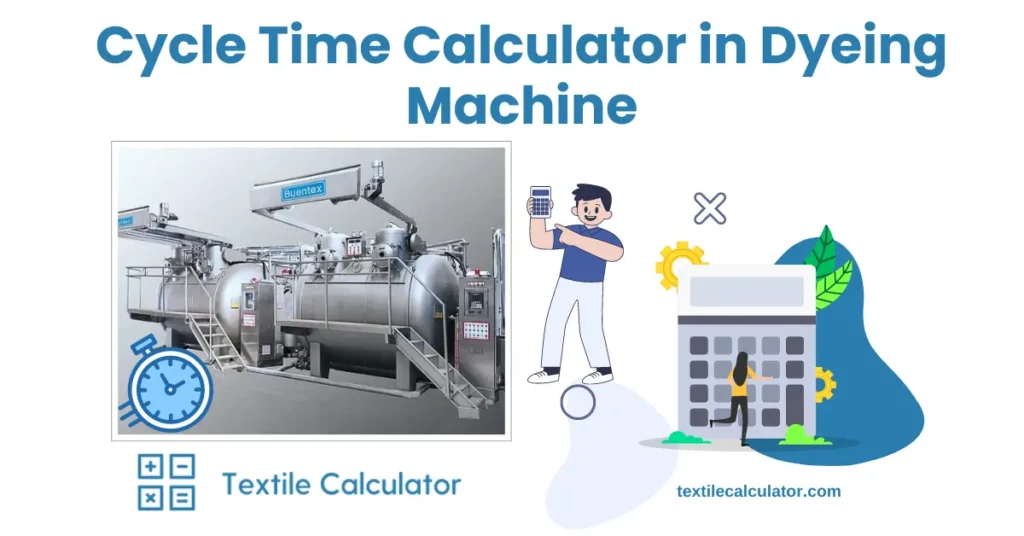Efficiency: Streamlines production by reducing waste and minimizing downtime through automated timing control.
Quality Control: Ensures each manufacturing step runs for the correct duration, promoting consistency and reducing defects .
Automation: When paired with PLCs, timers automate operations—cutting down on manual oversight and boosting overall productivity .

Compressor timer
A compressor timer is a device used to control the operation of a compressor, allowing it to run for a specific duration or cycle on and off at set intervals. These timers can help optimize the performance of the compressor, improve energy efficiency, and extend the lifespan of the equipment. Here’s an overview of their features and applications:
Types of Compressor Timers
Mechanical Timers:
- Simple, manual timers that allow users to set specific on/off times.
- Often used in basic applications without complex controls.
Digital Timers:
- Offer programmable settings for more precise control.
- Can have features like countdown timers, multiple programmable cycles, and digital displays.
Smart Timers:
- Can connect to Wi-Fi or smart home systems.
- Allow remote control and monitoring through mobile apps or web interfaces.
Key Features
Programmability: Users can set specific run times and intervals, allowing for customized operation based on needs.
Energy Saving: By optimizing compressor run times, timers can reduce energy consumption and operational costs.
Safety Features: Some timers include overload protection and fail-safe options to prevent compressor damage.
User-Friendly Interface: Easy-to-read displays and simple controls for setting timers and monitoring performance.
Benefits
Improved Efficiency: Helps prevent excessive wear and tear on compressors by avoiding unnecessary run times.
Cost Savings: Reduces energy consumption and maintenance costs over time.
Enhanced Control: Provides users with the ability to tailor compressor operation to specific needs.

Textile Timer
Textile Timer: A control device used in processes like dyeing, washing, and finishing to automate timing. These timers boost operational efficiency, improve product quality, and streamline workflow in textile production.
Key Features
Programmability: Digital and PLC-based timers let users set precise intervals for each process
Multiple-Timer Management: Systems can handle several processes simultaneously, offering flexibility in operations
Integration: These timers easily interface with other machinery and control systems for coordinated workflows
User-Friendly Interface: Designed with intuitive controls and displays for quick setup and monitoring
Benefits

Real time Timer
Real-time timers are devices or systems designed for precise, immediate timing and scheduling across diverse fields—industrial automation, consumer electronics, and computing. They offer accurate time-triggered control in applications that demand immediate responsiveness.
Key Features
Accuracy: Delivers precise timing essential for time-critical applications.
Programmability: Supports event scheduling, countdowns, and alarms with customizable intervals.
Display: Features digital screens for easy reading of current time and timer settings.
Integration: Seamlessly connects with other systems to enable automation and centralized control
Benefits
Improved Efficiency: Enables precise process control, reducing waste and optimizing performance
Enhanced Accuracy: Delivers reliable timing for critical tasks, boosting overall quality
Automation: Supports automated operations across systems, cutting down on manual intervention
Customised Timers
Spectrum Embedded solutions excels in customizing the timers tailored to your requirements which exactly fit for your application
